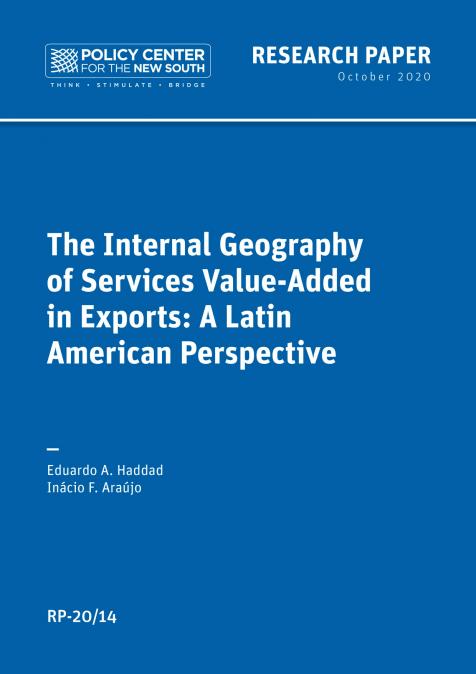Podcasts
Input output and Computable General Equilibrium models
30
December
2016
Related topics:
This podcast is presented by Pr. Eduardo Amaral Haddad. Specialist in regional economics, the professor deliver his thoughts about the relevance of developing a spatial tool in morocco, in order to be able to assess and perform impact analysis over inter regional integration within the country. Based on a leading experience in Brazil, M. Eduardo emphasized the role of such tool to assist policy makers in their decision at a regional level, given the fact that morocco is heading towards a more decentralized governance system, where regions are at the heart of the new governance model.








